History
History
Why choose History?
… the disadvantage of someone not knowing the past is that they do not know the present. History is a hill or advantage point from which alone we see the town in which we live and the age in which we are living. Adapted from G. K. Chesterton.
The study of history inspires us to love and seek after the truth, even while we appreciate that our conclusions about the past will often be provisional and incomplete.
That endeavour fosters industriousness and perseverance; tolerance and understanding of others and their opinions; a sense of realism; critical judgement; optimism and hope.
Through the chronological study of history, we also gain a knowledge and understanding of the origins and development of the society in which they live, together with its cultural values and traditions.
The study of A Level History equips a young person for adult life by
- developing skills of communication, enquiry, organisation and critical analysis and evaluation.
- broadening one's perspectives by exposure to views and attitudes from the past very different to our own.
- fostering a critical capacity and an understanding of the historical context of a wide range of contemporary issues and trends.
- opening horizons and opportunities for the informed use of leisure time.
- developing cultural capital and a sense of perspective, which contribute to helping us to become mature and well-rounded individuals.
What study skills do you need, and which will you develop on the course?
- A passion for learning about the past, which translates to a desire to read widely around the subject beyond the core information provided.
- The ability to process increasingly large amounts of historical content and ensure that as part of independent study, accurate and detailed analytical notes are taken to aid knowledge retention.
- Source analysis: the ability to apply one's contextual knowledge to the analysis and evaluation of a range of source material.
- Historical interpretations: through wider reading, build an understanding of how and why historians arrive at different conclusions and interpretations of past eras and events.
- Essay writing: to write analytical essays which reach a sustained judgement incorporating key historical contextual information.
What are the aims of the course?
- To deepen your passion for learning about the past.
- To gain a better appreciation of the important role of the historian in society.
- To view the world around us in the context of the past and to foster a closer engagement with other important disciplines such as sociology, anthropology, archaeology, philosophy, politics, international relations, and economics.
- To engage with debates and approach with enthusiasm the opportunity to challenge and critically assess our own personal beliefs which shape our views as historians.
GCSE requirements
The minimum requirement is a grade 7 in History GCSE and a grade 7 or above in English.
Course content
The options studied are:
AS History: International Relations c.1870 - 1939
This period study provides the foundation of the whole A Level course by exploring the following topics:
- the ambitions, priorities and tensions between the major European powers, and the emerging powers of the USA, Japan, and China in the years 1870 to 1919.
- the Versailles Settlement and the development of the League of Nations in the 1920s.
- the League of Nations in the 1930s.
It is assessed in two exam papers:
Paper 1: requires candidates to answer two questions using a range of contemporary sources about ONE of the four topics above. The topics rotate on a year-by-year basis. Thus, in 2025 the Paper 1 topic will be The League of Nations, and, in 2026 it will be China and Japan, 1912-1945.
40 marks. 40 % of the AS. 20% of the total A Level.
Paper 2: assesses the remaining THREE topics in ONE two-part question - a short 10-mark essay, and a longer 20-mark essay. Candidates must answer TWO two-part questions from a choice of three.
60 marks. 60% of the AS. 30% of the total A Level.
A2 History
Paper 3: The Origins of the First World War
Even before war broke out in 1914, the controversy over who was to blame for it had already begun. In the hundred years that followed, historians from all over the world have scoured the archives of combatant and non-combatant countries in search of the origins of the 'war to end all wars', which cost 20 million lives, and which left deep scars on the continent of Europe and on the psyche of its peoples. Nowhere was its impact more dramatically felt than in Germany which had been blamed at Versailles for causing it. By the 1930s, historians all over Europe had reached a consensus that the war did not have a single cause, and that blame could not be apportioned only to Germany and her allies. It is, therefore, difficult to exaggerate the force of the controversy that erupted in the early 1960s, when a German historian, Fritz Fischer, published an interpretation of the origins of the war which essentially arrived at the same conclusion as the war's victors: it was Germany's fault.
This paper surveys the historiography of the First World War and assesses the ability to explain and evaluate different historical interpretations of its origins.
40 marks. 20% of the total A Level.
Paper 4: European Option - Italy, Russia, and Germany, 1919-41
This paper consists of a study of the emergence of each of the main totalitarian regimes of Europe in the 1920s and 1930s. The study focuses upon the internal political, economic, and social developments of each state, and the role played by each dictator:
- How did [Mussolini/Stalin/Hitler] gain control?
- How effectively did he govern [Italy/the Soviet Union/Germany]?
- How successful were his economic policies?
- How far did he transform [Italy/the Soviet Union/Germany]?
This paper assesses each topic country in a two-part question. Candidates answer TWO two-part questions from a choice of THREE.
60 marks. 30% of the total A Level.
CIE A Level History can be taken
EITHER
- In two stages: two AS papers at the end of the Lower Sixth and two A2 papers at the end of the Upper Sixth.
OR
- All four papers in a single sitting at the end of the Upper Sixth.
We usually encourage pupils to sit all four papers together at the end of the Upper Sixth since, by then, one has a much firmer knowledge of the course content, and the quality of one's historical writing is at its best.
Further education and career opportunities
A Level History is highly respected by universities and employers as it demonstrates the ability to process, analyse and critically evaluate large volumes of information, and to write logically and succinctly.
History graduates are therefore well prepared for a broad range of middle management positions in media and journalism, business and finance, the civil service, and the legal profession, as well, of course, as professions where historical knowledge itself is required, such as academia, teaching, archaeology, library and archive work.
Get more information
Thank you!
Please try again later.
CONTACT US


| All Rights Reserved | The Cedars Laurels 6th Form
Web design by www.beardfish.co
